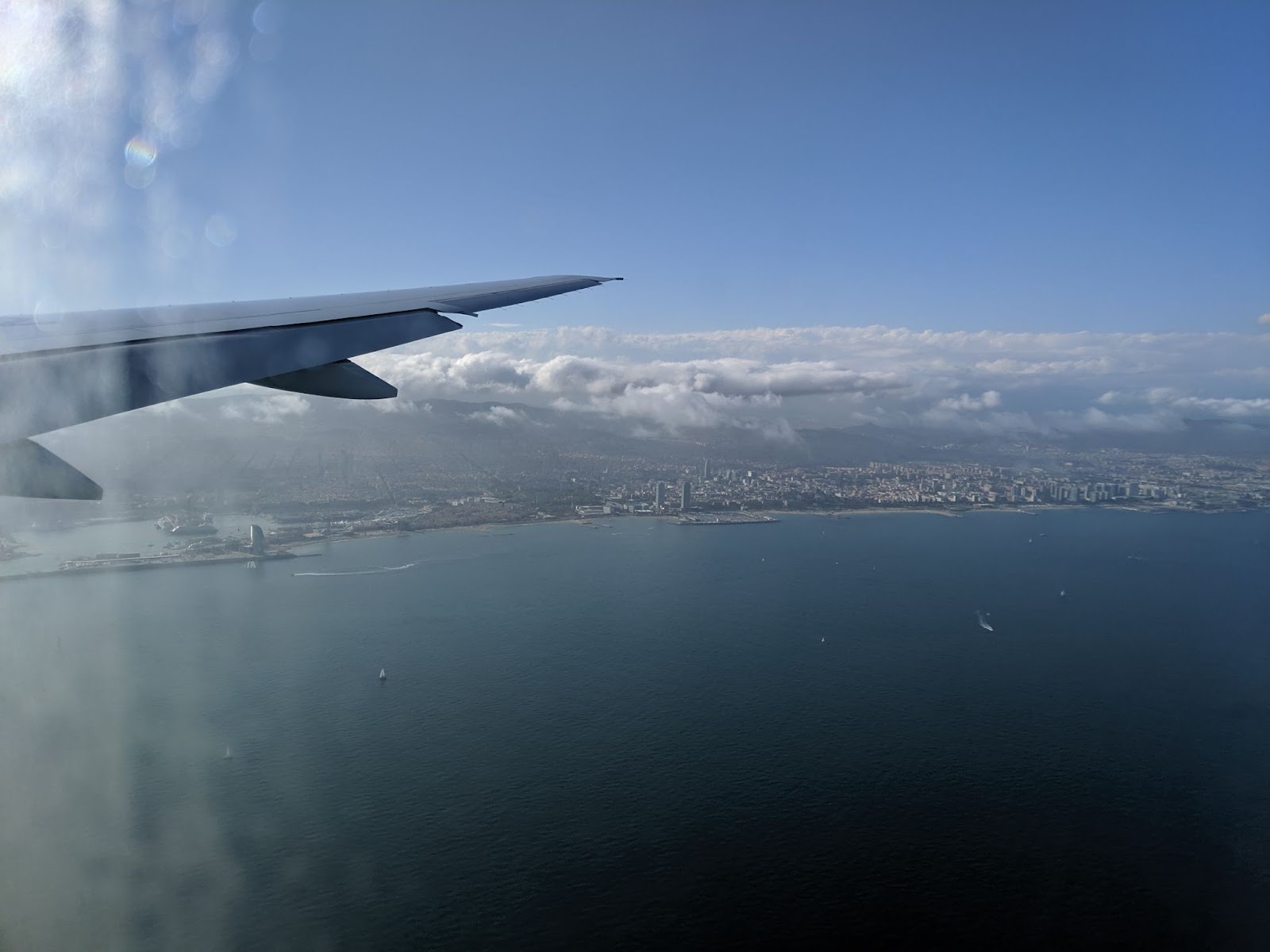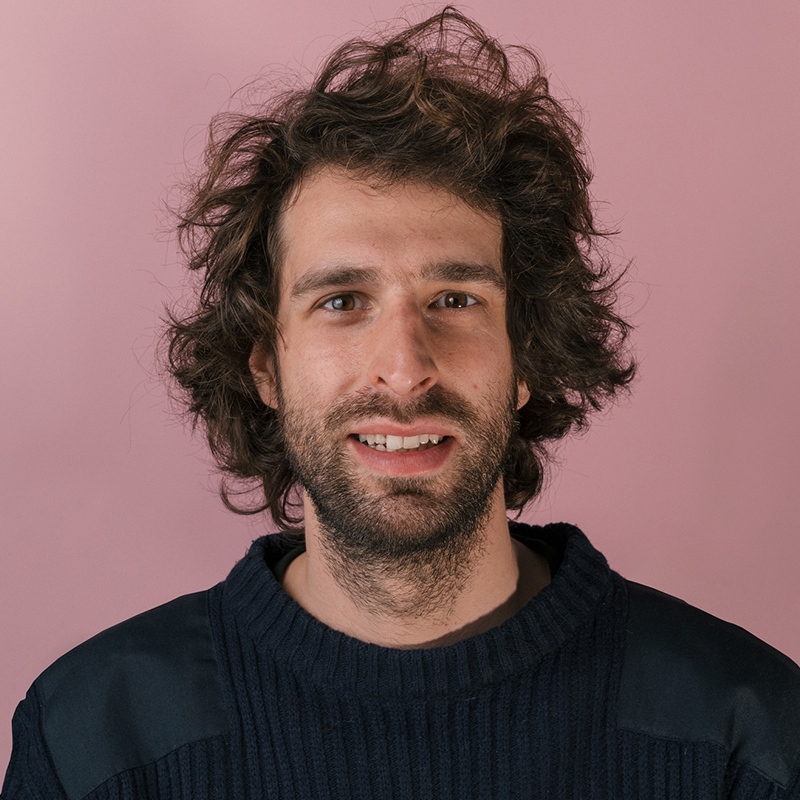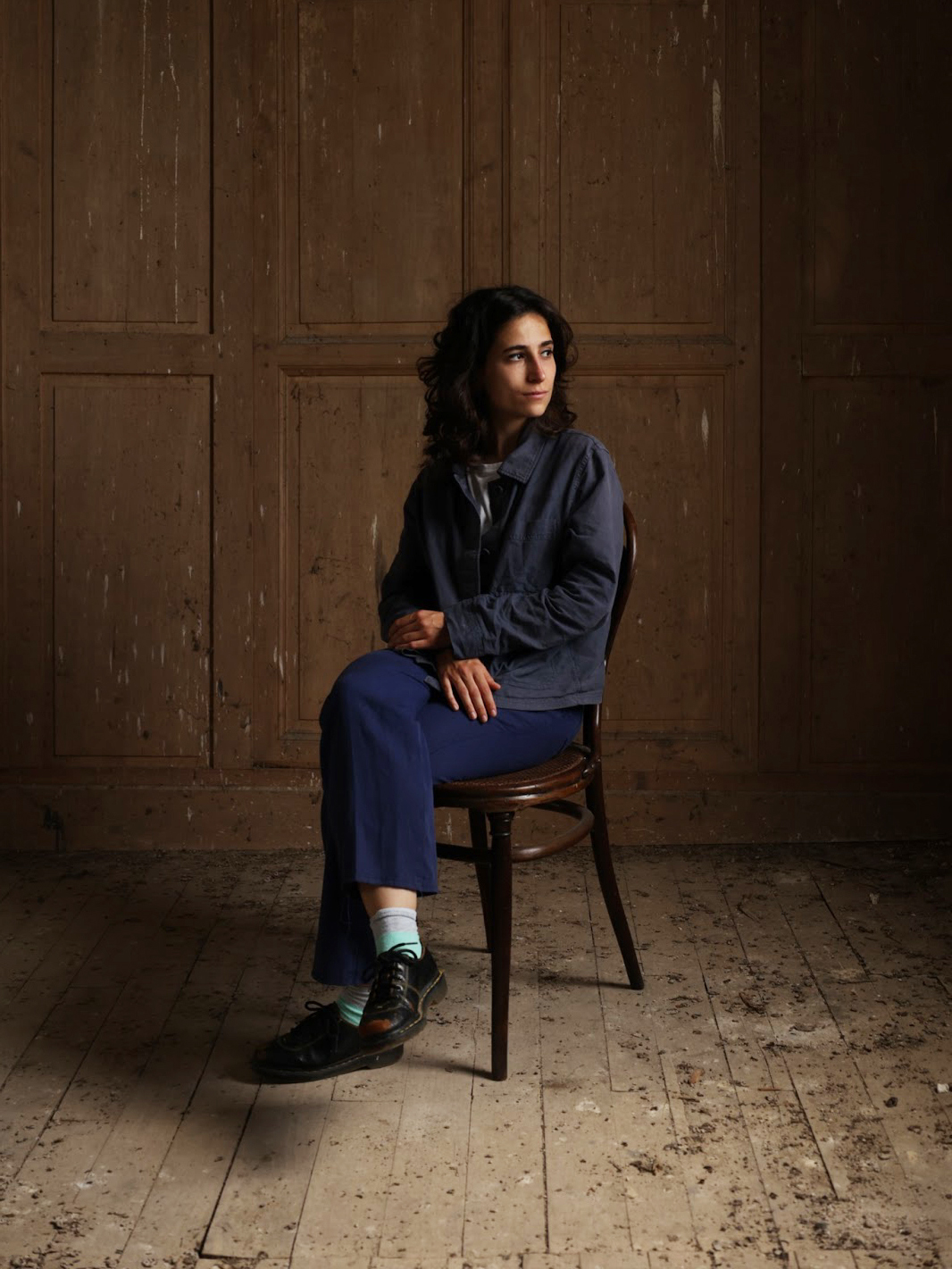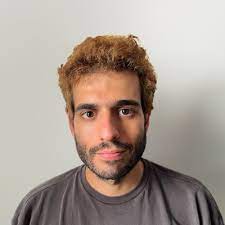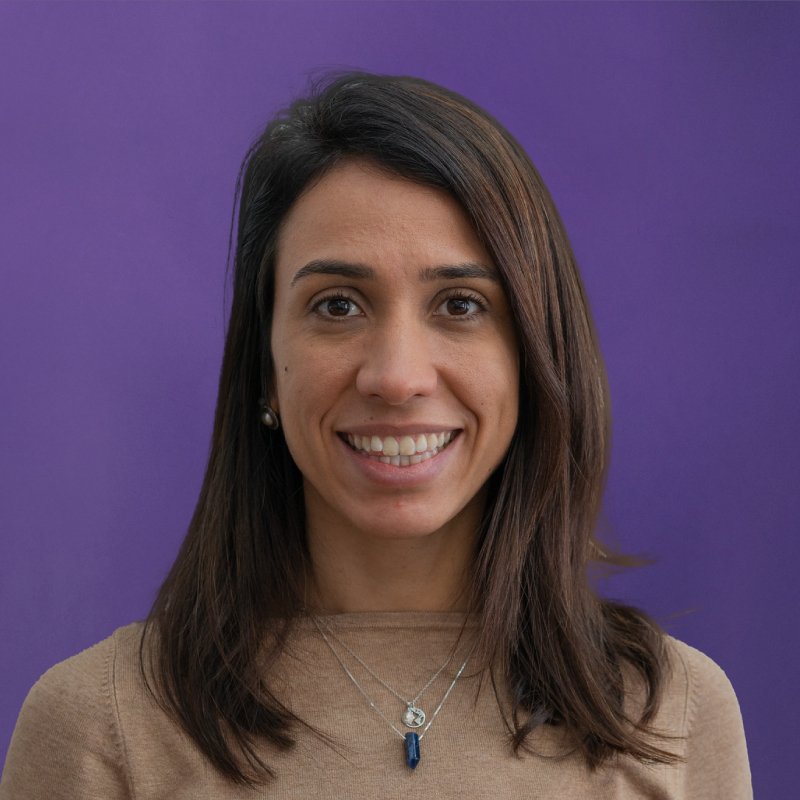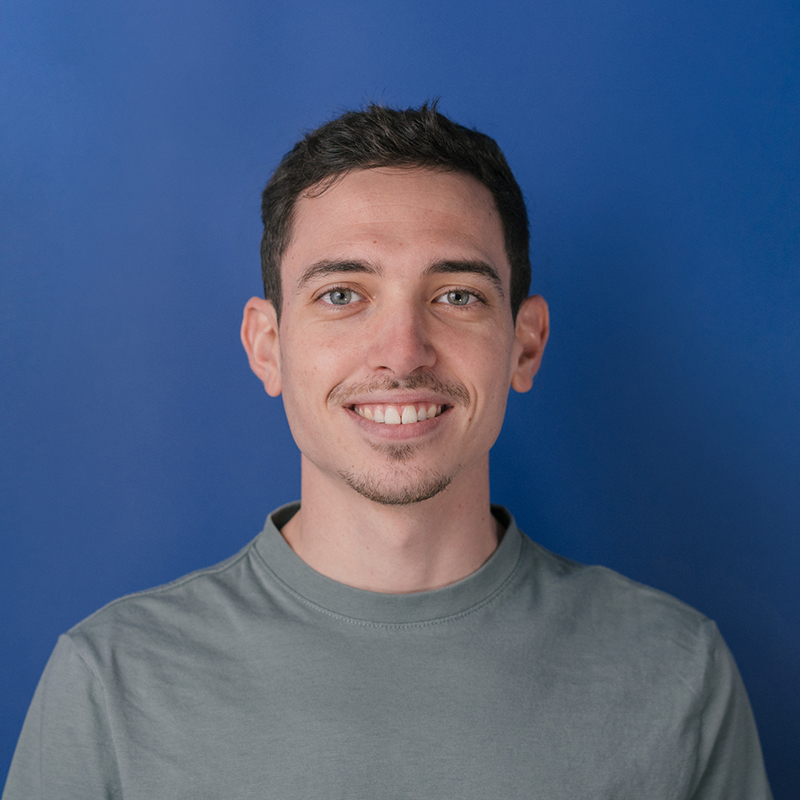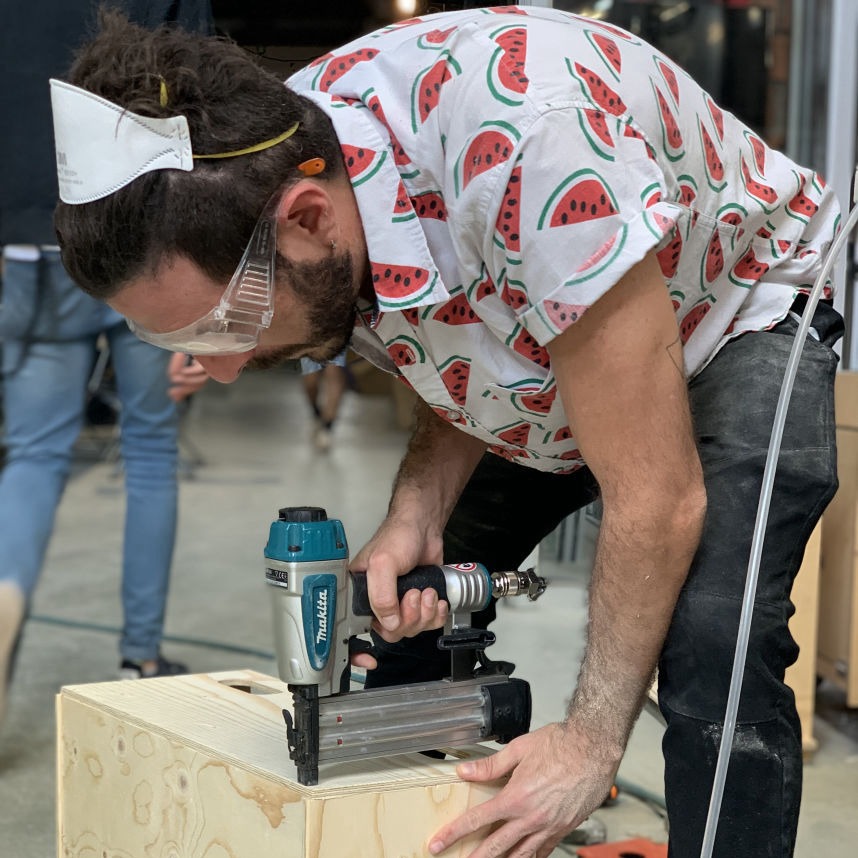Syllabus⇝
Landing at the Masters in Design for Emergent Futures is for sure a challenging endeavor. Not only is it a new country and new city for most students, but also the beginning of a new life that will definitely influence the design profile and practice of everyone participating in MDEF, including the faculty and staff. Every edition of the program is different, there is no standard day, week, month or year for MDEF, given its constant evolution, and how it is influenced by the diversity of participants, as well as the constantly evolving reality around us.
Knowing the importance to understand where and with whom we will be sharing this learning space for the next year (or two for some of you), we have dedicated a week of the program to know about each other, faculty and students, also about IAAC, Elisava and Fab Lab Barcelona, and specially about the Poblenou neighborhood and the city of Barcelona as the main experimental playground of the program. We expect the landing week to situate students in context, and to help them to identify opportunities for collaboration to develop their research agenda during the year of the program.
Learning Objectives⇝
The Landing Week of MDEF aims to offer students the opportunity to connect with the ecosystem around the program, including students, faculty, staff, spaces and organizations that make it possible to create an ever evolving learning space around it.
- Connect with fellow students and learn about the diversity of culture and professional profiles of the class.
- Understand and learn from the research interests of each one of the directors and the organizing Institutions.
- Learn about the opportunities offered by each of the campuses involved in the program, Elisava, IAAC and Fab Lab Barcelona.
- Explore and connect with spaces and organizations in the Poblenou and the City of Barcelona, which students will potentially collaborate with.
- Share the first ideas for students to align their purpose as designers and make the first steps to define their new designer profile.
Methodological Strategies⇝
MDEF Landing Week will use basic methodologies to engage students in knowing better the program’s context and ecosystem, and be a personal and group experience of exploration through conversation and active listening.
Schedule⇝
15:00 - Opening of IAAC’s Academic Year at Pujades 102
9:30-10:30 - Welcome by MDEF staff and Introduction to the Master program by Guillem Camprodon
10:30-11:00 - Connection with faculty
Break
11:30-13:30 - Students Intro - Pick your purpose
Lunch break
16:00-17:00 - Directors' research agenda - Guillem Camprodon, Emergent Tech
17:00-18:00 - Inspirational talk - Nadya Peak
9:30-13:30 - Exploring the Poblenou ecosystem - Chiara Dall’Olio, Milena Juarez
Planned visits: 22@ introduction, Poblenou Urban District, TansfoLAB BCN, Biciclot, Bioma
Lunch break
14:30-16:00 - Communicating the MDEF journey - Pablo Zuloaga
Break
16:30-18:30 - Building an online bitacora and portfolio, the MDEF digital garden - Josep Martì
9:30-10:00 - Welcome to Elisava MDEF campus
10:00-11:45 - Visit & training for the Prototype Workshop, Motion Capture room and Graphic Workshop
11:45-12:30 - Elisava facilities visit
Deliverables⇝
- Landing website
- Purpose statement
Grading Method⇝
Grading criteria will be defined by faculty during the module.
European Credit Transfer and Accumulation System (ECTS)
0 ECTS
Additional Resources⇝
- Design Thinking is like syphilis
- Design as Participation
- Design Won’t Save the World
- Prototypes and Prototyping Design Research
- The Tyranny of Convenience
Faculty⇝
Guillem Camprodon is a designer and technologist working in the intersection between emergent technologies and grassroots communities. He is the executive director of Fab Lab Barcelona at the Institute for Advanced Architecture of Catalonia (IAAC), a benchmark in the network of over 2000 Fab Labs and home of the Distributed Design Platform. He has a passion for teaching and is the co-director of the Master on Design For Emergent Futures (MDEF), a collaboration between IAAC and ELISAVA. Previously, he led Smart Citizen, a platform that opposes the traditional top-down Smart City model, empowering communities with tools to understand their environment. As a former research lead, he participated in many European-funded research and innovation projects, such as Making Sense, iSCAPE, GROW Observatory, Organicity, DECODE, ROMI and Reflow.
As a designer and researcher with a strong focus on sustainable practices and innovative design methodologies, Jana is committed to questioning and challenging the field of design. By continuously striving for movement and positive change, she puts sustainability, innovation, and care at the forefront of her work — which is always underpinned by post-humanist and feminist materialist thought. In her design practice, Jana’s work is community-driven and collaborative, working with other designers and artists to create thought-provoking installations and experiences.
Roger Guilemany is a founding member of the design cooperative aqui, where he contributes, through action research, to processes of ecosocial transition and the praxis of participatory design. As an independent researcher, he is interested in relationships and collaborative processes of situated production. With his design practice, he also collaborates with commoning projects and other self-governance structures.
Milena Juarez (female) is a Brazilian environmental engineer with a master’s in Interdisciplinary Studies in Environmental, Economic and Social Sustainability and specialization in Urban and Industrial Ecology at the Universitat Autònoma de Barcelona. With a large experience in research, Milena has been actively involved in various interdisciplinary research projects in the field of circular economy, resilient cities, co-creation, and sustainable food. She currently coordinates the Barcelona pilot for CENTRINNO EU project at IAAC and works as an action researcher for the REFLOW and FOODSHIFT EU projects. As one of the responsible for community engagement at Fab Lab Barcelona, Milena supports the local activities at the Fab City Hub, a co-creation distributed space to design the future for urban self-sufficiency.
Josep Martí is an Industrial Engineer from Barcelona. Josep started his career as a BI consultant but decided to change his professional path graduating from Fabacademy in 2019. Since then, he has taught digital fabrication, design and electronics in the Fablab, being part of the Future Learning Unit teaching in Fabacademy, Fabricademy and the Master in Design in Emergent futures. Recently, he started his path as a researcher in Erasmus+ projects. He holds a Bachelor’s degree in Industrial Technology Engineering and a Master’s degree in Industrial Engineering, specialising in Automatic Control, both from the Polytechnic University of Catalonia (UPC) and the Fabacademy diploma. He has always been interested in the Maker culture and is always looking to learn and create new things.
Experienced Creative Director with 15+ years in global agencies and brands across Latin America and Europe. Holds a Master's in Future Design, specializing in digital manufacturing and emerging tech. Over 6 years of teaching in diverse universities, focusing on communication, creativity, design, and storytelling.
Founder of POWAR, a Barcelona-based R+D Ed-Tech studio driving planet-centred STEAM education. Known for strategic vision, expertise in innovation, project management, and audiovisual production. Researching around the future of education.
